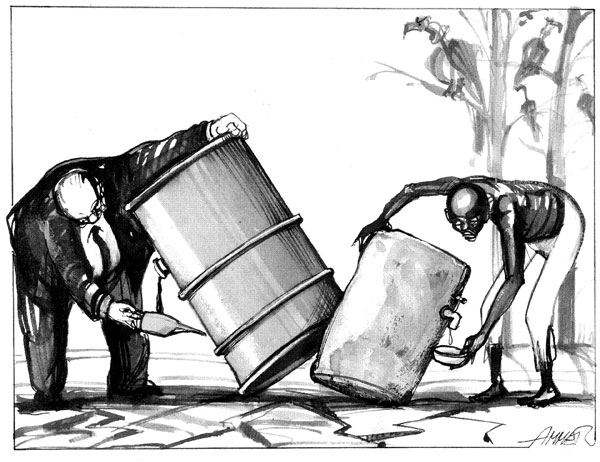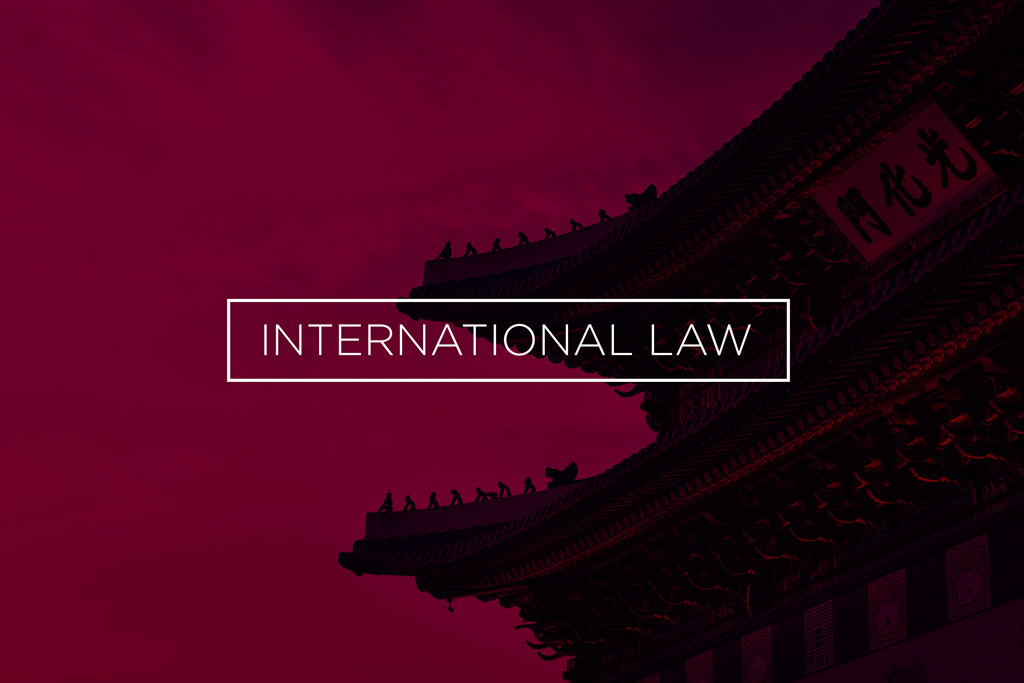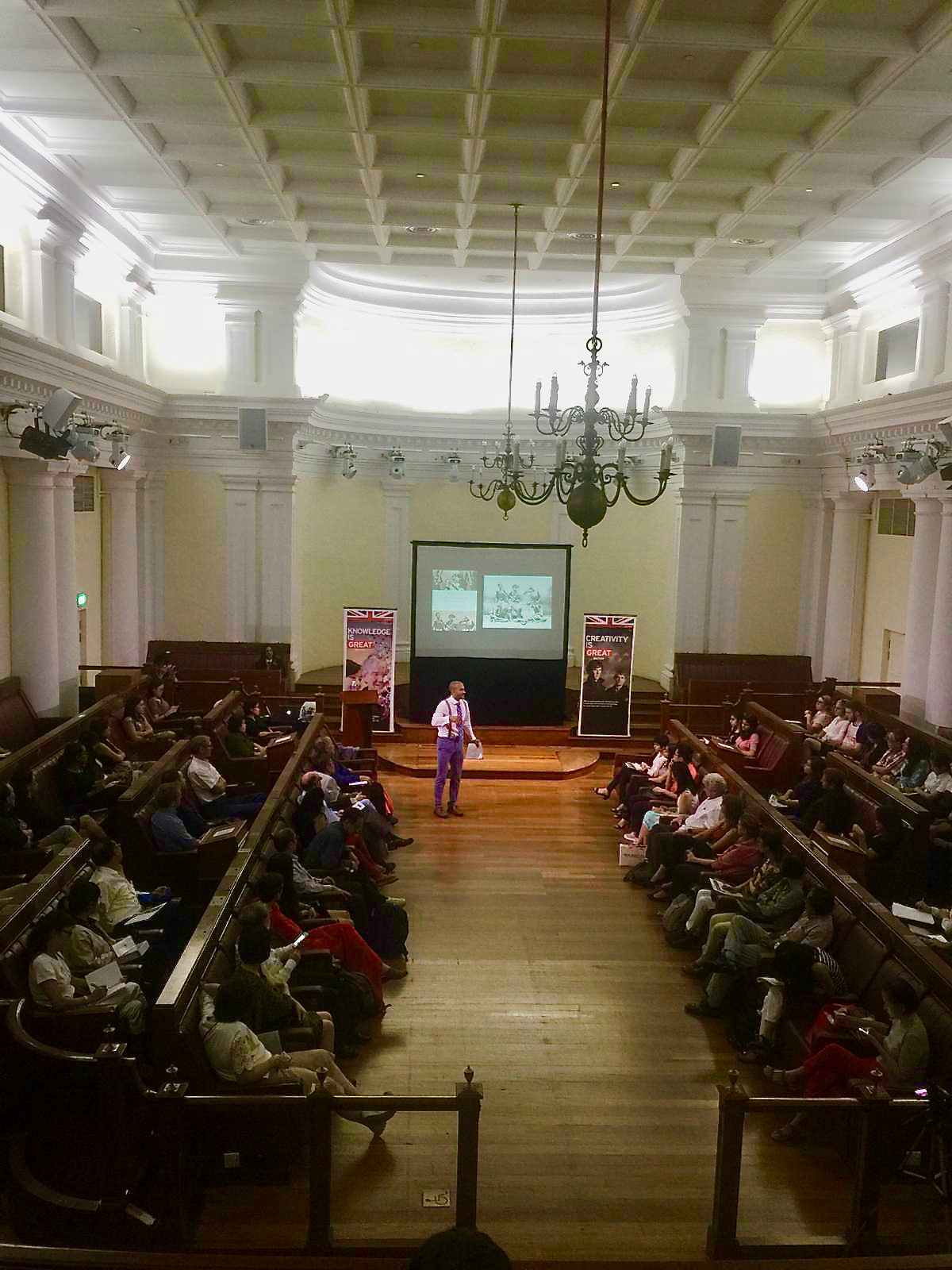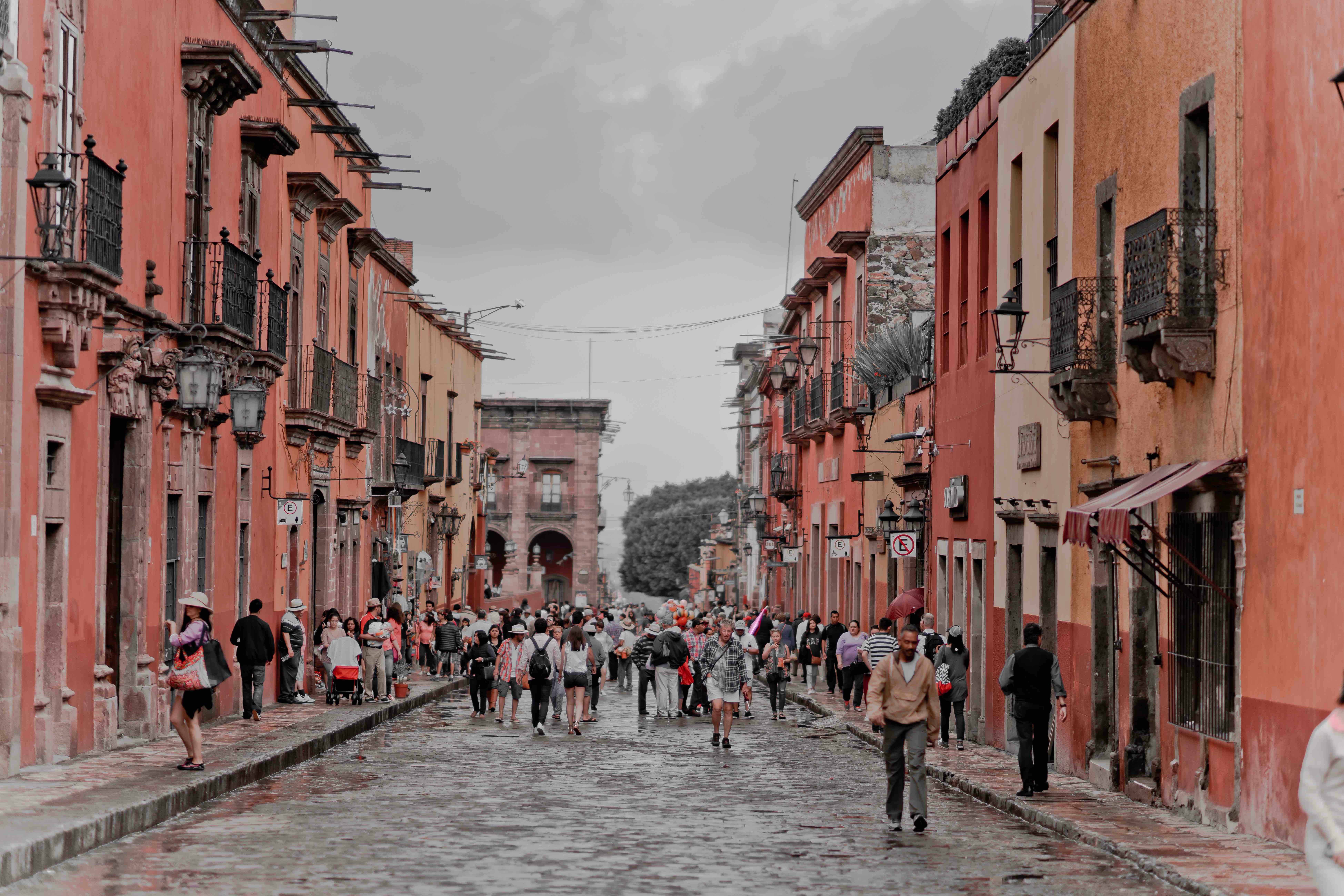
The Disintegration of Democratic Capitalism
This past week, the Conservative party went to great lengths to reaffirm the supremacy of free market capitalism (over what they did not say). Nor was this a one-off. Since the Great Recession and increasingly since the EU-UK referendum, British politicians have lined up to proclaim their commitment to free markets. This capitalist love fest is peculiar to say the least. Rarely do politicians reaffirm their support for democracy or human rights or universal suffrage; support for these systems is taken for granted. Not so for capitalism. Why not?
Recent events, beginning with the Great Recession, have prompted many publics to question the beatification of free market capitalism. Austerity’s cruelty combined with inequality’s ascendancy have left many wondering if they have been sold a bottle of snake oil with even some Conservatives thinking that Corbyn might be on to something. To understand just what is going on and, more importantly, what comes next, we turn to democratic capitalism.
Democratic capitalism sounds like an oxymoron. How can two distinct, even antithetical, models of resource allocation ever co-exist? And yet they did, at least in Western Europe, and with notable success for a full generation. In the post-World War II period, capitalist economics were wedded to democratic politics, producing a surprisingly stable union between workers and owners. In practical terms, the marriage translated into a redistributive mechanism: some proceeds from the market economy would be distributed to the public through two measures. First, governments established a counter-balance to private ownership: workers obtained the legal right to withdraw their labour without penalty and to collectively negotiate their working conditions. The economic power of owners (capitalism) was curbed by legally elevating the political power of workers (democracy). Second, a system of progressive taxation was developed to fund universal social policy. Keynesian welfarism came to fruition as the public was provided equal and universal access to the necessities of life including education, healthcare, housing, and transport. We would live and we would live well.
Two effects of the marriage were immediate. Materially, the majority of populations across Western Europe enjoyed a remarkable rise in living standards. Not only did families no longer have to ration food and water, standard during war times, but they could comfortably send their children to school, visit a doctor if they fell ill (and still get paid for the day of work they missed), save some of their wages for a rainy day, contribute to a comfortable pension, and plan for perennial holidays. The future was so bright, even Brits had to wear shades!
The material effect precipitated an ideological one. No longer were the working classes enamoured with the Marxist promise of shared ownership over the means of production. Capitalism achieved near universal acceptance and was now the standard bearer among economic systems the world over (to the future chagrin of the Soviet Union and eastern bloc).
While the honeymoon lasted longer than many predicted, marital bliss came to a crashing halt in the 70s. Two revolutions ushered the disintegration of democratic capitalism: technological and political. On the technological front, advances in communication, transport, and refrigeration facilitated the denationalisation of production. No longer did anything need to be built domestically: the technological revolution allowed capitalists to access materials, labour, and markets elsewhere, loosening the grip of domestic governments over national production. Emboldened by the potential for production and capital flight, capitalists made demands that collided with the post-war settlement. In exchange for preserving domestic production, they insisted on steep cuts in taxation and regulatory safeguards, triggering a run on national services (privatisation) and a pogrom of domestic unions (deregulation). A consequence of the globalisation of production was the fragmentation of labour, stifling the ability of workers to mobilise sufficient political power and counter the detrimental trend. In one fell swoop, capitalism was delinked from democracy.
Elections persisted but the positions of political parties changed drastically from the 70s to the 80s: ‘Government then was meant to get involved to make things better; government now is meant to step aside for fear of making things worse.’ The social values underpinning Western European governments were transformed in three ways. First, markets would dominate politics in resource allocation; second, transnational markets would be treated as superior to national markets for economic development; and, third, law’s mission, henceforth, would be to make the world safe for markets (rather than, you know, people).
Each claim inhabits a different ideological universe to the one that dominated during the social democratic 50s and 60s, stimulating a new direction in public policy. Henceforth, the version of the rule of law that mattered was the one that protected economic interests against state encroachments (and political rights be damned). To this end, the constitutional matrix or the separation of powers doctrine was revisited to enhance the power of the executive branch at the expense of the legislative. Consider, for example, the repeat dust ups between the two branches over which branch has authority over trade, immigration, and even the future configuration of the nation-state. Finally, rather than practicing greater integration with other states, both politically and economically, we now pursue economic ties while throwing up walls around the political, even to the point of denying political rights to residents who lack the qualities of the original tribe.
In short, the consequences of delinking democracy from capitalism have been severe: a weakened trade unionist movement cannot prevent the rise of precarious working conditions (zero-hours contract) and chronic underemployment; a weakened public service cannot prevent a brain drain or the reliance of citizens on self-funded private services (and the soaring household debt that accompanies this); a weakened citizenry cannot prevent inequality from regressing to levels last seen during the Great Depression.
And where is government in all of this? Unfortunately, they find themselves joining the capitalist class in putting the boot to democracy. Just a few weeks ago, workers at McDonald’s partook in a strike, protesting the precariousness of their work. During prime minister’s questions, Theresa May was asked whether she stood in solidarity with the striking workers. Her response reveals, with crude clarity, to who the government pledges allegiance: ‘The issue at McDonald’s is a matter for McDonald’s to deal with’ lest anyone think that industrial relations are a matter that requires governmental intervention. Wolfgang Schauble, the German finance minister, was equally blunt. An election in 2015 resulted in a change in the Greek government. The new Greek finance minister, Yanis Varoufakis, asked to renegotiate the settlement reached between the EU and Greece to reflect the new political direction demanded by the polis: ‘Elections cannot be allowed to change the economic programme of a member state’, Schauble thundered.
Both are troubling statements, intimating that economic matters should not be subject to democratic oversight. The public can vote for whomever they like so long as the public does not expect the elections to alter their economic conditions. Hence why reaffirmations have become de rigueur and UK politicians are leading the chorus: ‘Say it loud: I’m capitalist and I’m proud!’ I suppose they understand that, at some point, the public is likely to question whether they should continue to endorse a system which benefits a minority of society at the expense of the majority: cue the pitchforks. Sadly, in the era of marketing we inhabit, politicians assume that soundbites (capitalism is great!) and scaremongering (here comes Venezuela!) are sufficient to counterbalance declining living standards. If the last election is any indication, the capitalist cheerleaders have lost the popular consensus and the question some are now pondering is not if but how capitalism will end.




